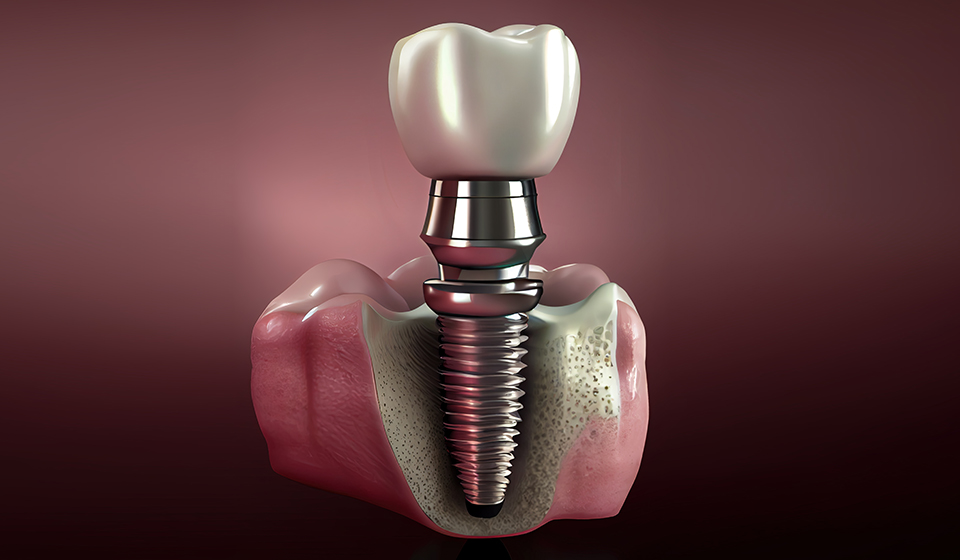The goals of Washington, DC, restorative dentistry procedures are to replace, rebuild, and fix any flaws in your teeth and the surrounding oral tissues. Restorative techniques assist in restoring the health of your smile, offering both cosmetic benefits such as enhanced aesthetics, and remedial functional advantages like resolving damage and disease. To create realistic expectations, there are six important aspects concerning restoration protocols you should be aware of before ever entering the dentist’s chair.
What is restorative dentistry?
Advanced dental therapies used to restore teeth that are worn down, cracked, damaged, or missing are together referred to as restorative dentistry. Washington, DC, restorative dentistry restores oral structure and functionality to pre-injury levels or higher by indirect techniques such as porcelain fillings, crowns, implant prostheses, or even entire mouth rehabilitations. These restorative techniques significantly enhance the aesthetics and appearance of your teeth, providing long-lasting cosmetic benefits.
Things You Should Know Before Restorative Dentistry –
Restorative Dentistry offers natural-looking Results: Restorative procedures such as veneers, crowns, and bridges can seem just like your natural teeth when done correctly. Reputable dentists provide precisely crafted restorations using premium materials and cutting-edge digital impressions. They alter colors, sizes, and forms to match your teeth perfectly with replacements. The realistic appearance avoids the appearance of a phony or artificial grin makeover.
Restorative Dentistry is Painless
You won’t feel any pain or discomfort during the treatment because of the efficient local anesthetic and delicate techniques used. When the numbing wears off, mild postoperative sensitivity is normal and transient. Medication can help. Modern bonding materials reduce the chance of sensitivity during operations like dental crowns.
Problems restorative dentistry can fix
Tooth decay – Teeth damaged by moderate to severe tooth decay that extends below the gum line or affects tooth roots can be restored with deep fillings, inlays, onlays, and dental crowns.
Teeth that are broken or fractured – Veneers, crowns, and dental bonding can permanently fix small chips in teeth. Severely broken teeth require full or partial crown coverage for protection and reinforcement.
Teeth that are worn down – Excessive enamel erosion can be caused by acid erosion from gastric reflux or years of teeth grinding. Veneers and crowns restore damaged teeth to their natural length and shape.
Teeth discoloration and staining – Dental veneers and bleaching treatments can lighten discolored teeth in many shades, resulting in a more radiant smile.
Crooked teeth – Teeth that are badly overlapped or crooked may require modest orthodontic correction before restorative procedures can be performed.
Candidate for a restorative procedure
- Show that you are committed to maintaining good oral hygiene. Daily brushing and flossing reduces the chance of developing new decay under restorations.
- Possess sufficient natural tooth structure for restorations to adhere to. Teeth with extensive wear or decay may need further grafting or root canal therapy in addition to posts.
- Keep the upper and lower teeth’s bite position and occlusion steady. Before receiving restorative procedures, orthodontic intervention could be required to rectify malformed bites.
Restorative treatments last Longer
When properly maintained, the long-lasting materials used for veneers, crowns, bridges, implants, and dentures allow for extended longevity. Additionally, while new dental issues or degeneration might threaten restorations, good oral hygiene helps avoid them. A lot of well-made repairs can easily last ten to fifteen years. Some might go above 20 years old.
Restorative Treatments Are Not Costly
Restorative procedures are less expensive than conventional fillings, but they require more intrusive techniques. A single crown is more cost-effective than having to often replace simple, temporary fillings every few years.
Conclusion
Although the idea of requiring substantial dental work may seem overwhelming, knowing what to anticipate helps ease concerns. Before beginning transformational restorative care, have an honest conversation about all the details with your dentist at New Columbia Dentistry in Washington, DC, to ensure effective dental rehabilitation and a smile you enjoy.

